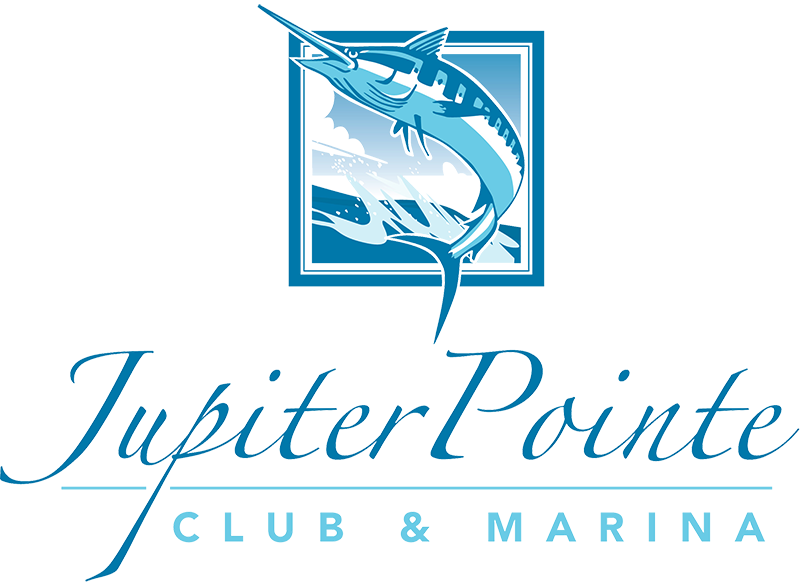Boat Club vs. Buying a Boat: What Makes Sense Financially in 2025?
Anchoring the Basics: Two Paths to the Water
Defining Boat Ownership in Today’s Market
Owning a boat has long been a symbol of freedom and adventure. In 2025, the allure remains, but the realities have evolved. Purchasing a boat means not only acquiring the vessel but also taking on responsibilities like maintenance, storage, and insurance. The initial investment varies widely based on the type and size of the boat, with new models often commanding premium prices.
How Boat Clubs Operate in 2025
Boat clubs offer an alternative to traditional ownership. Members pay an initiation fee and monthly dues to access a fleet of boats. This model provides flexibility, allowing members to choose different types of boats for various activities without the burdens of ownership. Clubs handle maintenance, storage, and insurance, simplifying the boating experience.
Who These Options Are Designed For
Boat ownership suits individuals who desire full control over their vessel and plan to use it frequently. It's ideal for those who have the time and resources to manage the associated responsibilities. Conversely, boat clubs cater to those seeking convenience, variety, and a community experience without the long-term commitment of ownership.
Ownership Pride vs. Access Freedom
Owning a boat offers a sense of pride and personalization. You can customize your vessel and have it available at your discretion. However, this comes with ongoing costs and maintenance duties. Boat clubs provide access to a range of boats, enabling members to select the appropriate vessel for each outing, all while avoiding the hassles of upkeep.
How COVID-Era Trends Shaped Boating Habits
The COVID-19 pandemic influenced recreational activities, with many turning to boating as a safe, outdoor option. This surge in interest led to increased demand for both boat ownership and boat club memberships. The trend highlighted the appeal of flexible, hassle-free boating experiences, boosting the popularity of boat clubs.
Counting the Costs: A 2025 Financial Breakdown
Purchase Price vs. Membership Fees
Buying a new boat in 2025 can range from $20,000 to over $100,000, depending on the model and features. This upfront cost doesn't include additional expenses like taxes and registration. In contrast, boat club memberships typically involve a one-time initiation fee ranging from $3,000 to $10,000, and monthly dues between $300 and $600, offering a more manageable entry point.
Maintenance, Insurance, and Storage
Boat owners are responsible for ongoing maintenance, which can cost thousands annually. Insurance premiums vary based on the boat's value and usage but are an unavoidable expense. Storage fees, whether at a marina or storage facility, add to the annual costs. Boat clubs include these services in their membership, relieving members of these financial and logistical burdens.
Depreciation and Resale Value
Boats depreciate over time, with significant value loss in the initial years. Selling a used boat often yields a return lower than the purchase price, impacting long-term investment value. Boat club members avoid depreciation concerns, as they don't own the vessels.
Fuel, Licensing, and Unexpected Expenses
Boat owners must budget for fuel, which fluctuates in price, and ensure they have the proper licensing and certifications. Unexpected repairs or equipment replacements can also arise. Boat clubs typically handle licensing requirements and maintenance, though members may still be responsible for fuel costs during their outings.
Real-Life Cost Comparisons and Budget Tiers
Consider a scenario where an individual buys a $50,000 boat. Annual expenses, including maintenance, insurance, and storage, could total $5,000 to $10,000. Over five years, the total cost might exceed $75,000, not accounting for depreciation. A boat club member paying $500 monthly dues and a $5,000 initiation fee would spend approximately $35,000 over the same period, with access to various boats and services included.
Value Beyond the Numbers: Time, Stress & Lifestyle
Time Investment and Responsibility
Boat ownership demands time for maintenance, cleaning, and transportation. Scheduling repairs or dealing with unexpected issues can consume weekends meant for relaxation. Boat clubs streamline the process, allowing members to reserve a boat, arrive, and set sail without additional responsibilities.
Access to Varied Boat Types
Owners are limited to the capabilities of their single vessel. Boat clubs offer a fleet, enabling members to choose a fishing boat one weekend and a pontoon for a family outing the next, enhancing the boating experience through variety.
Booking Convenience vs. Spontaneity
Owners can use their boat at any time, provided it's ready and the weather cooperates. Boat clubs require reservations, which may limit spontaneity, especially during peak seasons. However, many clubs offer user-friendly booking systems and accommodate last-minute plans when possible.
Training, Support, and Onboarding
New boat owners must seek out training independently, which can be time-consuming and costly. Boat clubs often provide comprehensive onboarding, safety training, and ongoing support, ensuring members feel confident and secure on the water.
Community and Social Perks
Boat ownership can be a solitary endeavor unless one actively seeks out boating communities. Boat clubs foster a sense of camaraderie through organized events, social gatherings, and a shared passion for boating, enriching the overall experience.
Who Comes Out Ahead? Evaluating the Better Choice
For Weekend Warriors
Individuals who boat occasionally may find boat clubs more economical and convenient, avoiding the high costs and responsibilities of ownership while still enjoying regular access to the water.
For Avid Anglers or Hobbyists
Dedicated boaters who use their vessel frequently and have specific customization needs might prefer ownership, allowing for personalized setups and unrestricted access.
For Families and Seasonal Users
Families seeking recreational outings during warmer months benefit from boat clubs, which offer various boat types suitable for different activities, without the year-round commitment.
For Investors and Entrepreneurs
Those looking to invest in a boat for rental income or business purposes would need to own a vessel, as boat clubs prohibit commercial use of their fleet.
Lifestyle Goals vs. Financial Logic
Ultimately, the decision hinges on personal preferences, usage frequency, and financial considerations. Boat clubs offer flexibility and lower upfront costs, while ownership provides autonomy and potential long-term value for frequent users.
Your 2025 Decision Guide
Key Questions to Ask Yourself
How often do I plan to go boating?
Do I prefer variety in boat types or a specific model?
Am I prepared for the responsibilities of maintenance and storage?
Is spontaneous access important to me?
What is my budget for boating activities?
Financial Tools and Calculators to Use
Utilize budgeting tools to compare the total costs of ownership versus boat club memberships over time, factoring in variables like usage frequency, maintenance, and depreciation.
When to Reevaluate Your Choice
Life circumstances change. Regularly assess your boating habits, financial situation, and satisfaction with your current arrangement to determine if a switch between ownership and boat club membership is warranted.
Club Trial Periods and Boat Rental Test Runs
Before committing, consider renting boats or exploring boat club trial memberships to experience the lifestyle and assess which option aligns best with your needs.
Building a Personalized Cost-Benefit Plan
Create a detailed plan outlining your boating goals, budget, and preferences. This personalized approach ensures an informed decision that enhances your enjoyment on the water.

